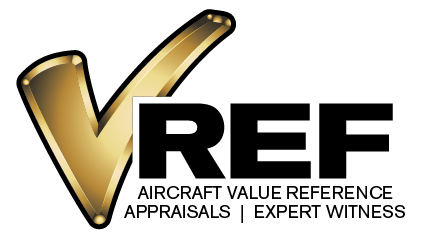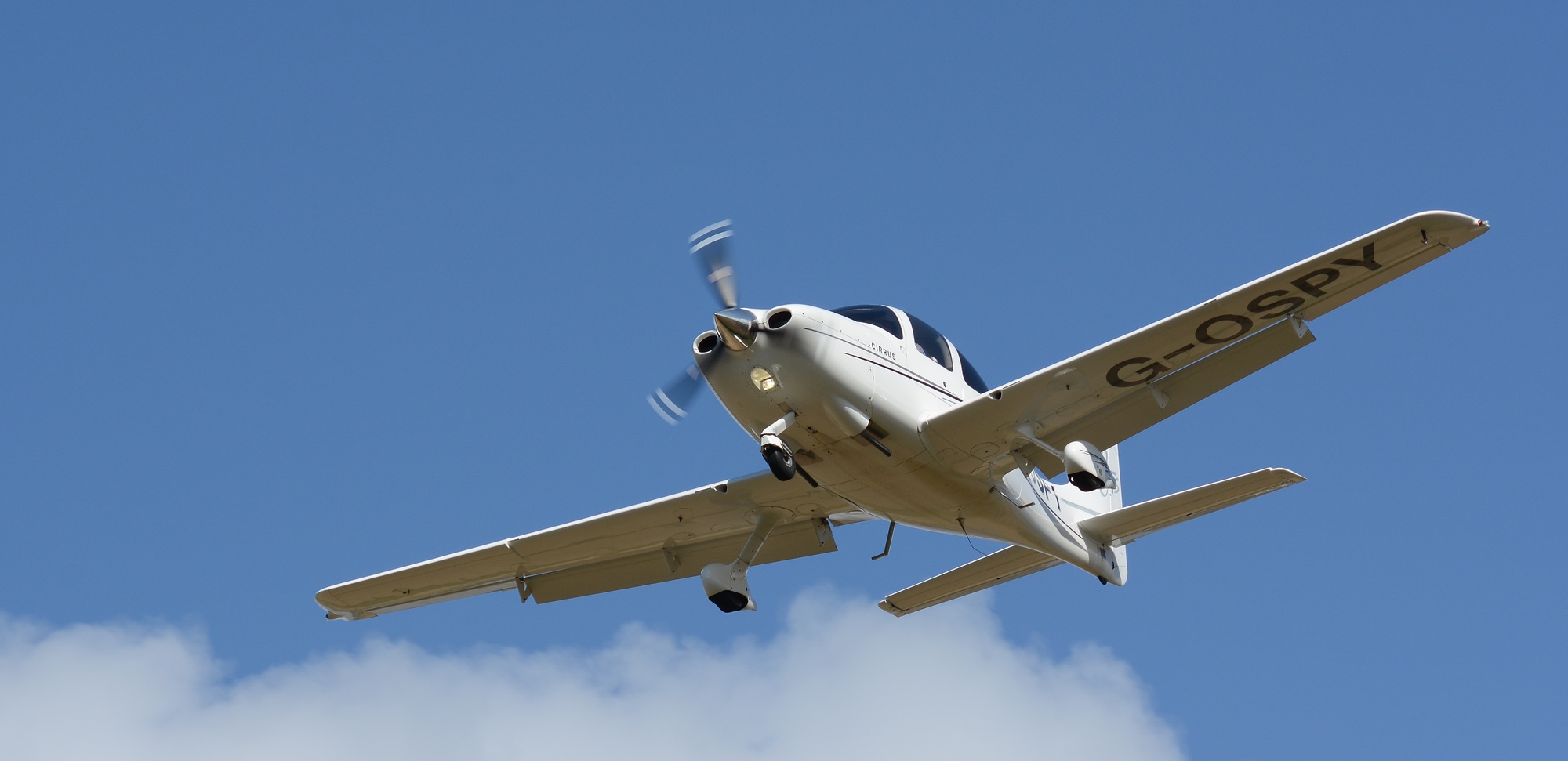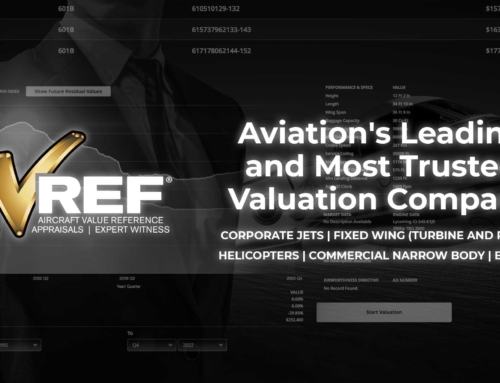So you want to purchase a private plane? Did you recently catch the flying bug? If the answer is yes, then read on. There are a lot of reasons to purchase a plane, but there is also a lot that goes into buying a plane. We want to teach you about some common mistakes the first time, and even seasoned aircraft owners make.
Read on to learn about seven common mistakes and how to avoid them when buying a plane.
7 Mistakes to Avoid When Buying a Plane
There are a lot of reasons to purchase a private aircraft. If you follow these tips, you can avoid costly mistakes and speed up the time to your next flight on your plane.
1. Do You Need a Private Plane?
The biggest mistake new plane buyers make is that they fail to do their homework. Doing research is just the beginning, and most first time buyers get way too emotional way to fast. There are other options if you want to fly privately. You can charter a plane, do fractional ownership, and a lot more. While I am not suggesting you don’t follow your dreams of aircraft ownership, you do need to know the alternatives and seriously consider how often you will be flying.
There are flying clubs and numerous schools that will rent you an aircraft by the hour. There are even fractional ownership programs available for both piston and turbine-powered aircraft so that you can avoid costly outright ownership.
Be sure to understand everything that is going to need to go into purchasing your private jet before, you buy.
2. What is the Right Plane for You
Take some time to determine how and when you will be using the plane. This will help to prevent purchasing or falling in love with the wrong aircraft. It’s an elementary mistake to make, and one that will cost you severely if you don’t comprehend your mission profile. So while you should ask your flying buddies for advice (Facebook, is included and my advice is to take all social media advice with a grain of salt) but at the end of the day you must know where you want to go, how often and with how many people or bags. Sounds easy, right?
How many people will you be transporting? Will you be arriving at challenging airports, for example, ones at elevation require aircraft with hot and high performance.
As you narrow down your plane choice, be conservative with ranges advertised by manufacturers. If you don’t have your pilot hire one to help, you choose the plane that fits your needs.
3. Stay Detached
Just like with buying a house, don’t get overly emotional about the plane before you buy it. Yes, it may be beautiful and be the right price, but there are other planes out there. Do your due diligence and make sure your new plane is everything you want and need. If the pre-buy or the visual inspection goes south, be prepared to either walk away or invest more time and money. While it is hard to stay impartial, this is the number one issue with purchasers; they fall in love. Just remember that unless you are buying a one-off or custom aircraft that they are all replaceable.
4. Do a Complete Pre-Purchase Evaluation
Don’t get to the finish line and forget to check every detail. The devil, in-plane ownership, is in the details. After you have narrowed down your search, pull the VREF Value Verified Report. This will confirm, or deny, the details you have found already learned.
Ask for all the aircraft logs and records. Aircraft that are not maintained to the manufacturer’s maintenance program could pose a high cost to the new private aircraft buyer. You also want to ask about any damage to the aircraft’s history.
5. Hire An Experienced Aviation Professionals
Unless you are an expert in the world of aviation, hire ones that can help you navigate the paperwork associated with the purchase and operations.
They can make sure that you are “legal” to fly. There are additional rules governing plane ownership. These professionals can ensure that you have the right insurance, avoid penalties and controlling tax consequences. So make sure your accountant knows and works with aviation professionals.
When working within the Aviation industry there are many professionals who all have significant demands on their time. Makes sure you are clear with your time table and communication directly and concisely. That will ensure that the deal is completed when and how you want it completed.
6. Learn All the Aquisition Costs
Take the time to do a complete budget. Include purchase price and operating costs. Operating costs include aviation fuel, as well as any scheduled maintenance, upgrades, and refurbishments. It also provides hangar space, pilot salary, and other staff needed to keep your plane in the air.
Plans need to have the right type of liability insurance. Make sure you budget conservatively and plan for the unknown.
As part of this plan, put in place plan B’s. What will you do if your plane is down for unscheduled maintenance? Explore all the “what-if” scenarios and make sure you have plans for them all.
This is where a good airplane maintenance company can help to handle all of the details that go into plane ownership.
7. Don’t Rush
If you are purchasing a pre-owned plane, fly it for a while before you make any major renovations. Immediate rehabilitation projects should only be undertaken if they are mandated for safety. If you spend some time in your plane before you make upgrades, you can be sure to include things that are needed and not just wanted.
This will also minimize your plane’s downtime, which is better for you in the long run.
There are a lot of benefits to having your aircraft. Slow down and don’t rush. If you put in the time, you can avoid the previously mentioned pitfalls that can cost you time and money.
Are You Looking to Buy A Plane?
We are here for you when you are looking to buy a plane. Just like buying a car, you check the VREF Verified Report “The Carfax of aviation” and allow VREF Aircraft Value Reference, Appraisal & Litigation Consulting Services assist you when you are buying a plane.
We provide you with all that you need from appraisals to valuations, through any legal paperwork needed for your purchase. We are a global solution for all your aviation purchasing needs. VREF is the Official Valuation Guide and Appraisal company for the AOPA.





